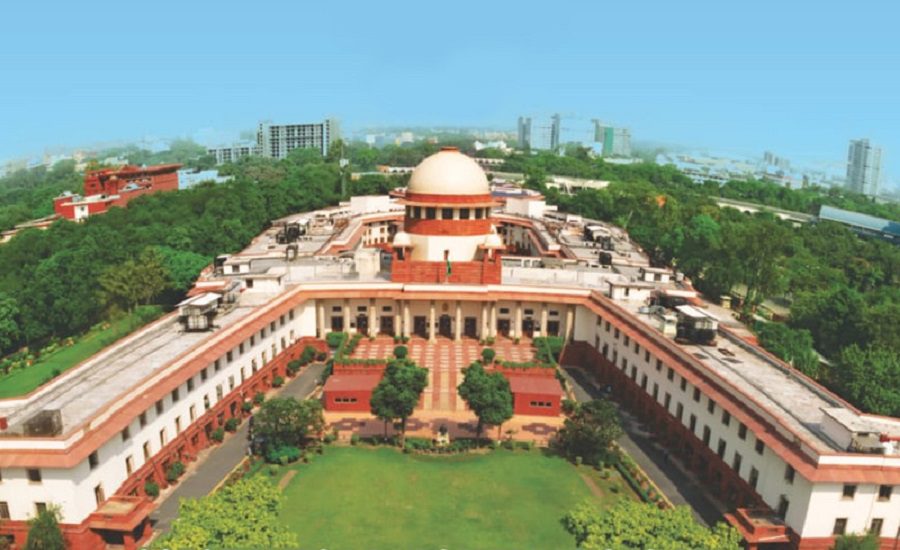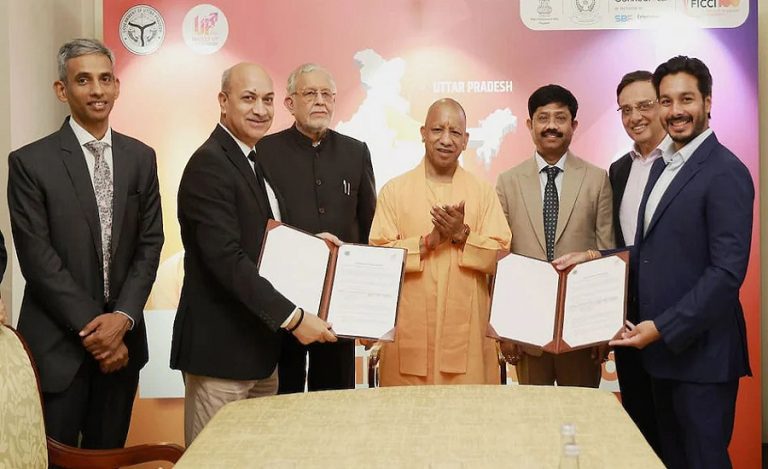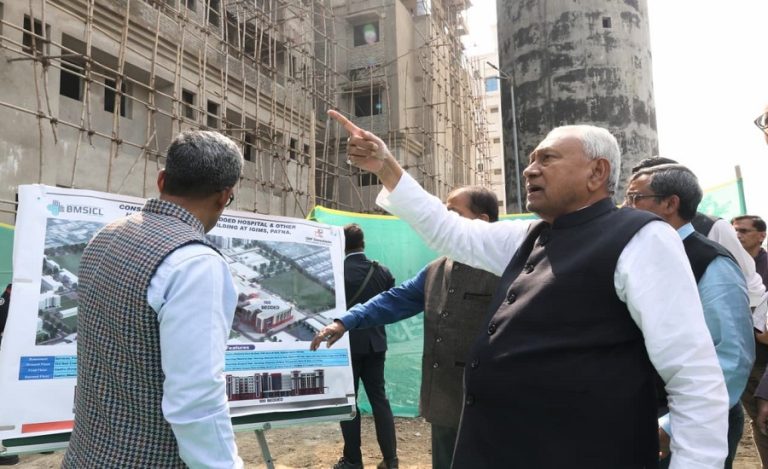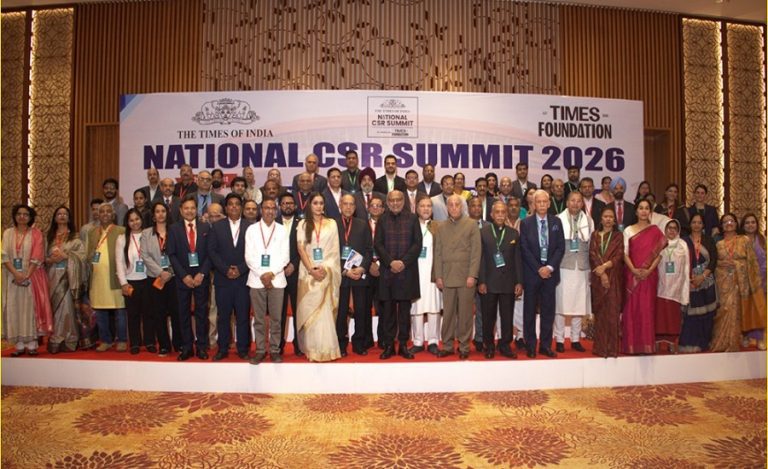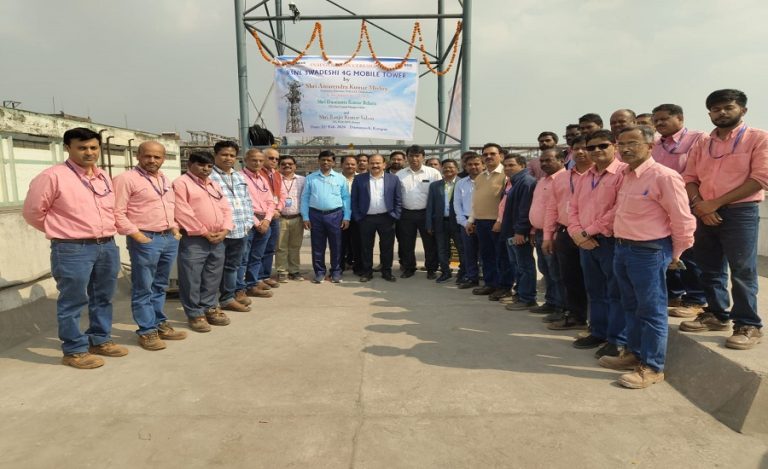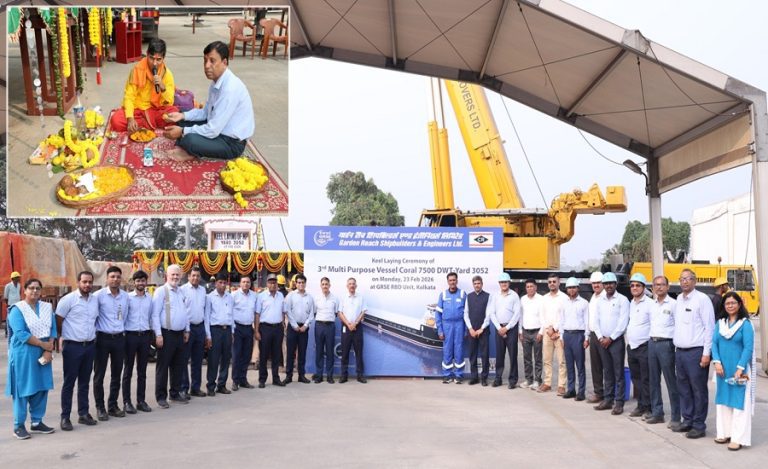New Delhi: The Central Government on Monday notified the appointment of new Chief Justices for five High Courts across the country. This major reshuffle in the judiciary comes following the recommendations of the Supreme Court Collegium, headed by Chief Justice of India D.Y. Chandrachud (or BR Gavai, depending on current CJI), which had proposed these elevations in May 2025.
Read also: Centre Files Review Petition Against Supreme Court’s Order on IPS Deputation in CAPFs

New Chief Justice Appointments:
Justice Sanjeev Sachdeva – Currently a judge of the Madhya Pradesh High Court and originally from the Delhi High Court, has been appointed as the Chief Justice of the Madhya Pradesh High Court.
Justice Vibhu Bakhru – A senior judge of the Delhi High Court, has been elevated as the Chief Justice of the Karnataka High Court.
Justice Ashutosh Kumar – A serving judge of the Patna High Court, has been appointed as the Chief Justice of the Gauhati High Court.
Justice Vipul Manubhai Pancholi – Originally from the Gujarat High Court and currently serving in the Patna High Court, has been named the Chief Justice of the Patna High Court.
Justice Tarlok Singh Chauhan – A judge of the Himachal Pradesh High Court, has been appointed as the Chief Justice of the Jharkhand High Court.
Background & Collegium Recommendations
The appointments are based on a recommendation made by the Supreme Court Collegium in May 2025. The Collegium had recommended both elevations and transfers in an effort to streamline judicial leadership and address long-standing vacancies in several High Courts.
The Collegium’s decision considered seniority, merit, and regional representation, ensuring an equitable distribution of leadership in the Indian judiciary.
Read also: Registry Alone Is Not Ownership: Supreme Court’s Landmark Ruling Reshapes Land Law in India
Additional Transfers
Apart from these new appointments, the Centre has also notified the transfer of four other Chief Justices from one High Court to another. These changes are part of an ongoing effort to ensure judicial efficiency and address administrative requirements in various courts across the country.
Chief Justice Manindra Mohan Shrivastava has been transferred from the Rajasthan High Court to the Madras High Court.
Chief Justice Aparesh Kumar Singh has been moved from the Tripura High Court to the Telangana High Court.
Chief Justice MS Ramachandra Rao has been shifted from the Jharkhand High Court to the Tripura High Court.
Chief Justice KR Shriram, who had been serving in the Madras High Court, has been transferred to the Rajasthan High Court.

